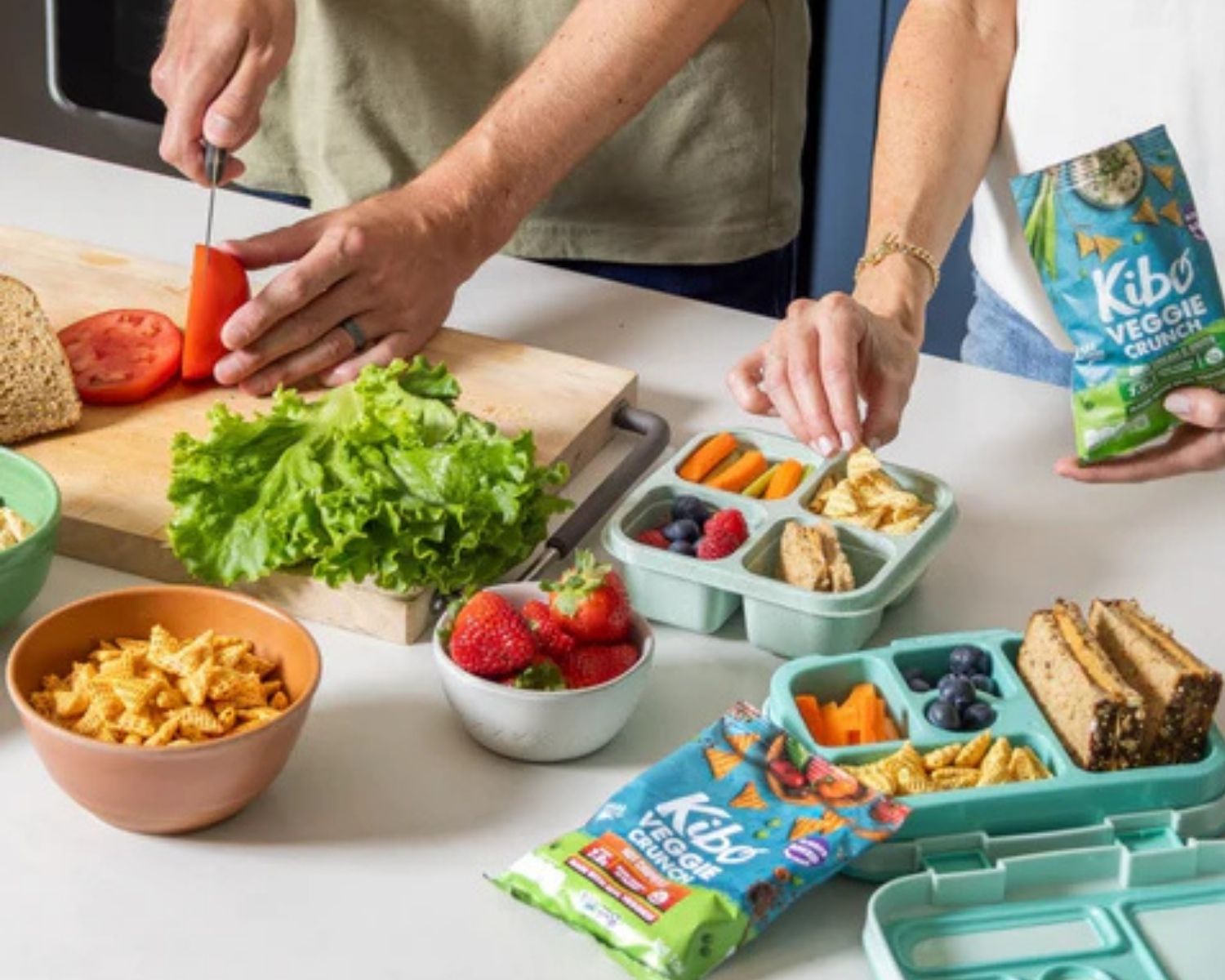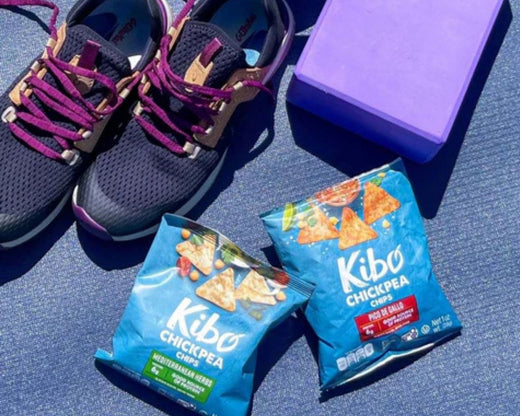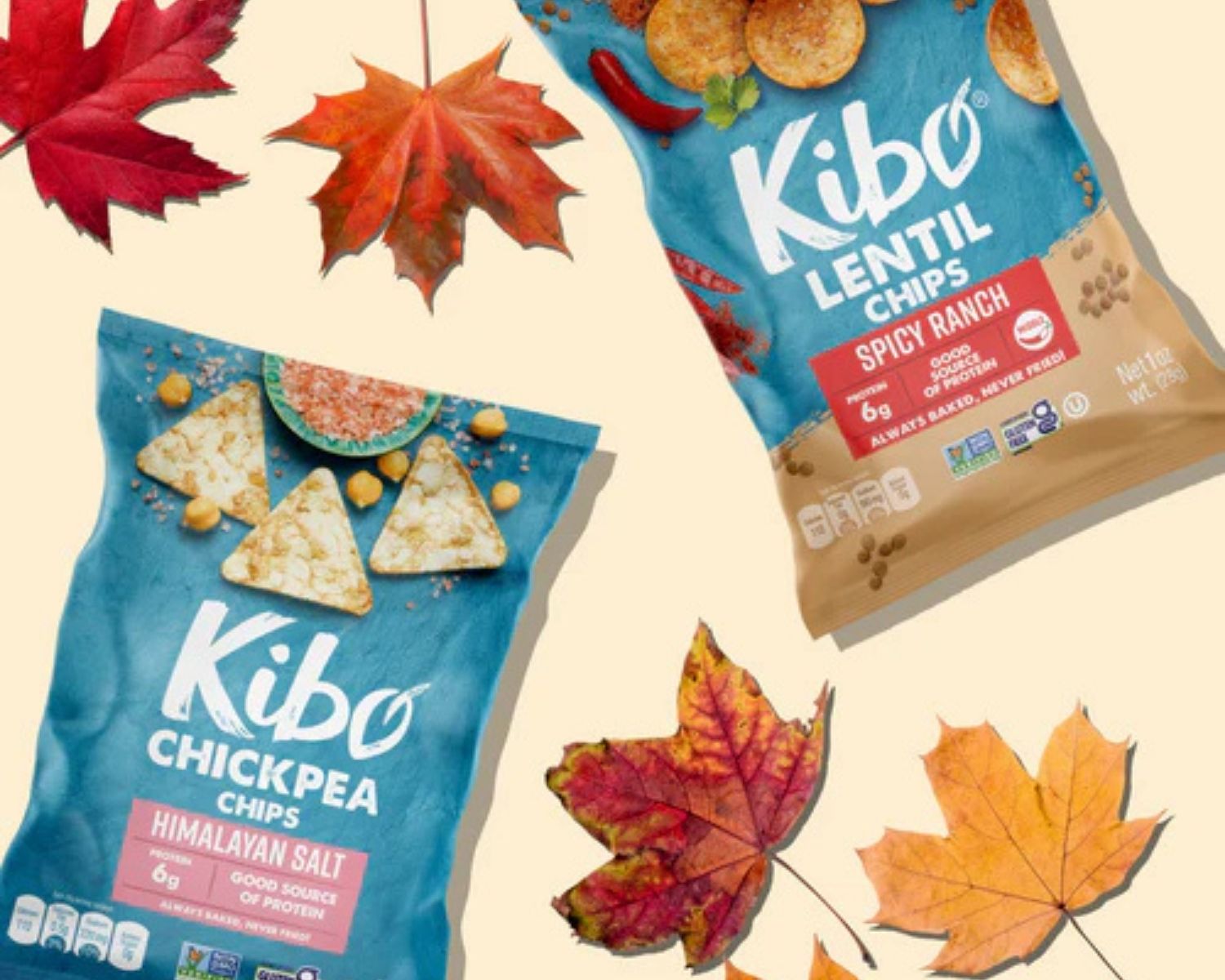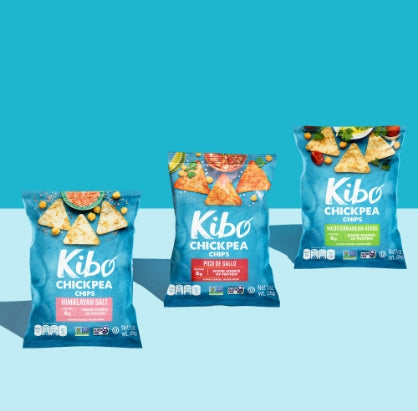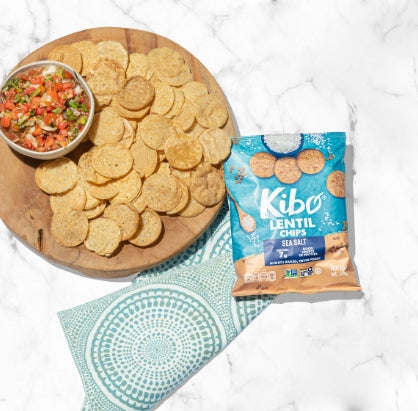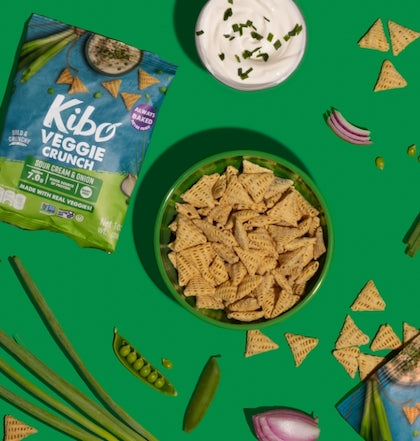We often think about how food can nourish our bodies, while forgetting that food can also nourish our minds! Along with proper sleep, movement, and other daily habits, what we eat helps set the foundation for how we feel. A good meal or a healthy snack can make all the difference in how we show up.
We believe health is about small, simple everyday choices that add up over time. Read on for what you need to know about how daily diet impacts mental wellbeing!

The gut-brain axis
Turns out that what happens in your gut is directly linked to how you feel. In fact, did you know that 95% of your body’s serotonin is produced in your gut? That’s because we share this space with trillions of microbes, and certain kinds of gut bacteria produce mood-regulating neurotransmitters. Prebiotic fiber in our diet helps feed our good bacteria, and when it thrives, we thrive.
Balanced blood sugar
Have you ever felt sluggish a little while after eating certain foods, or noticed yourself feeling “hangry”? Blood sugar may be to blame. High-glycemic foods can give you an initial spike of energy followed by an energy crash and cravings. Being strategic with your blood sugar by eating foods with healthy fiber and protein, and limited net carbs (like Kibo Chips!) can help you enjoy smooth, sustained energy and a better mood throughout the day.
Anti-inflammatory eats
Inflammation is your body’s reaction to injury or infection—but it starts to become problematic for mood and mental wellness when it’s prolonged over time. Anti-inflammatory nutrients like the Omega-3 fatty acids found in fish, as well as polyphenols, fiber, vitamin-E, and other compounds can all help support a healthy inflammatory response in your body.

Feel-good food
Food high in certain micronutrients, like vitamin B6 or folate, found in foods like the legumes used in Kibo Chips, can also help create mood-boosting neurotransmitters in your body. And of course, we don’t want to discount the power of food that boosts your mood because of its positive associations, like a favorite recipe passed down from a parent, or a meal shared with friends. Certain smells and flavors can trigger happy memories, and gathering together around good food can create new ones.

Mood-boosting foods for mental wellness
Now that you know why some foods are better for supporting your mood than others, it’s time to start incorporating them into a meal plan! Here are some snacks to put on your list for mental wellness:
- Legumes - Legumes like the lentils, beans, and chickpeas in Kibo Chips are good sources of happy fiber and contain B vitamins that can help increase levels of neurotransmitters like serotonin.
- Dark chocolate - Dark chocolate is packed with feel-good flavonoids, polyphenols, vitamins, and minerals to help boost your mood. Need we mention that it makes our taste buds happy too?
- Berries - Those dark purples and reds indicate the presence of antioxidants and phenolic compounds like anthocyanins. Plus berries are bursting with juicy micronutrients and are full of fiber to support your mental wellness.
- Nuts and seeds - If you follow a plant-based diet, then look elsewhere for those healthy Omega-3’s found in fatty fish like salmon. Chia seeds, flax seeds, almonds, and walnuts are great sources of healthy fats and other important mood nutrients.
- Fermented foods - Fermented foods like kimchi and kombucha are typically easier to digest than the original ingredients and may contain living probiotics or prebiotics to nourish the good guys in your gut!
- Oats - Oats are a great source of fiber, including soluble fiber like beta-glucan. Even better? An oatmeal bowl with nut butter, berries, and a sprinkling of seeds!
- Bananas - Bananas are full of fiber. In particular, greener bananas contain resistant starch that acts as a prebiotic in your system. They’re also high in vitamin B6, which helps boost those neurotransmitters!
- Leafy greens - Leafy greens have a rich nutrient profile, including B vitamins like folate, which helps your body produce dopamine and serotonin.
- Coffee - Coffee doesn’t give you energy—instead, it blocks tiredness. The caffeine in coffee can help block the compound adenosine from your brain receptors that lead to tiredness, so that you feel more alert. It also ups mood-boosting neurotransmitters like dopamine and GABA in your system. Just be sure to limit coffee or reduce your intake if you’re prone to jitters and crashes.
- Green tea - In addition to its caffeine content, which can provide a little pick-me-up when you need it, green tea contains plentiful antioxidants and L-theanine, an amino acid that can help reduce stress and improve mental focus.

Add these foods to your grocery list for a big-time mood boost this year. By eating plenty of fiber, healthy fats, anti-inflammatory compounds, and mood-boosting micronutrients, you can help support your mental wellness with everyday choices that lead to a big impact.
It’s also important to limit fried, greasy foods in your diet whenever possible to reduce inflammatory offenders. Kibo Lentil Chips, Kibo Chickpea Chips, and Kibo Veggie Crunch are baked, never friend, and provide more fiber and plant-based protein than your average chips (even the ones in the better-for-you section)!
Want more healthy tips? Be sure to follow us on Instagram and subscribe to our email newsletter for more!
Sources:
20 Things you Didn’t Know About the Human gut Microbiome - National Library of Medicine
Serotonin, tryptophan metabolism and the brain-gut-microbiome axis - ScienceDirect
 Reviews
Reviews
